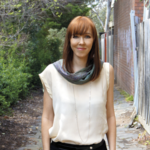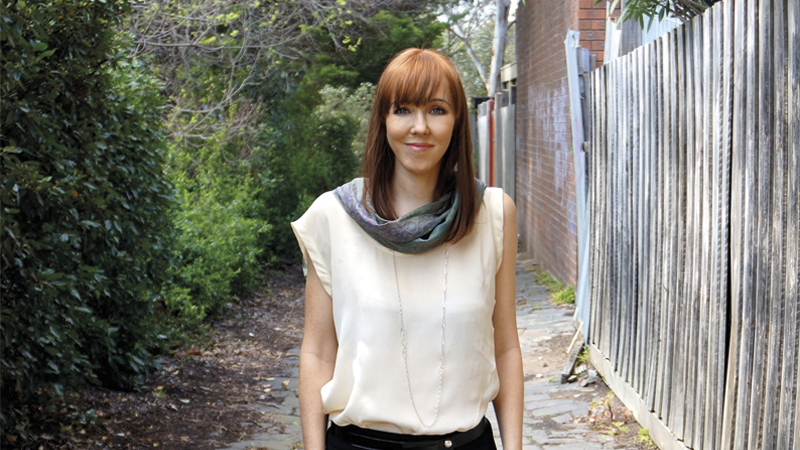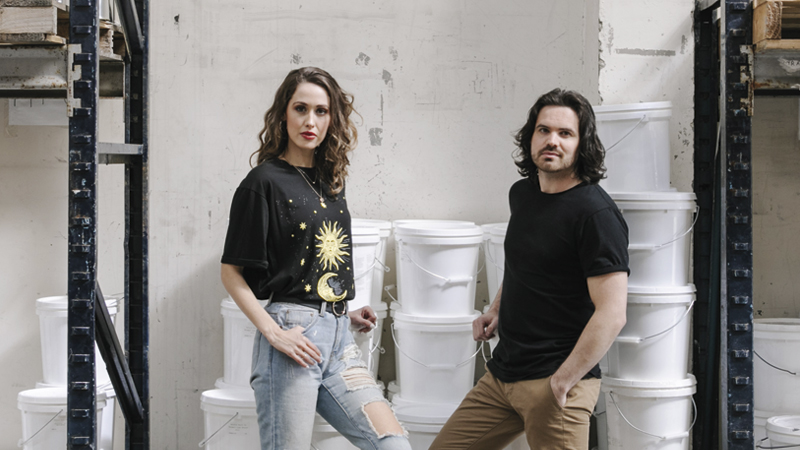The evolution of consulting
Doing the right thing by its clients, staff and the business is the mantra of Wellington firm TwentyTwo. Annie Gray has their story. Being in business, says Dean Croucher the […]
Doing the right thing by its clients, staff and the business is the mantra of Wellington firm TwentyTwo. Annie Gray has their story.
Being in business, says Dean Croucher the managing director of independent property consultancy TwentyTwo, invariably means a leap of faith at some stage.
When asked about the advice he would give to newer business owners, Croucher says if you analyse your business too much, if you think about all the things that could possibly go wrong – you won’t sleep for a month.
“If you think about anything too hard you can talk yourself out of it. Growing a business is a balance between being planned and considered and taking a leap of faith, or you would not do anything,” he says.
“If you want to grow and succeed you can’t sit still.”
Croucher sees it as a matter of deciding what to focus on, noting that any business owner will not get it right all the time.
“As a business we have tried a lot of things, some things have worked and others have not. But there is a risk of over-analysing and talking yourself out of things. You have got to understand the risk, but you need to make the call.”
Croucher has been at the helm of TwentyTwo for the past 24 years, having been one of the firm’s earliest employees not long after the business was established 30 years ago.
He jokes that after being made redundant from his first property role out of university he took on a one-week contract with the firm to help support the management of a government department’s property portfolio, only to go on to become the major shareholder and managing director, and still there some 29 years later.
The business provides property and real estate advisory services.
“We started out probably being one of the early pioneers of “tenant advocacy”; representing tenants and owner-occupiers – what we call the demand side. This meant being independent of landlords and brokers and providing advice when the majority of the market was supporting the supply side. This was uncommon in the early 1990s.”
While this positioning remains at the core of the business it has become a lot more diverse over the past 30 years and services include helping clients develop portfolio/property strategies (linking to business intent) through to property/premises procurement, negotiation and commercial advisory, workplace change, outsourced portfolio management and, more recently, workplace technology.
Croucher says workplace technology is a natural extension particularly post Covid, with more clients wanting independent advice on how they support working from home, virtual collaboration and the related systems and infrastructure needed.
As to the philosophy that drives the business Croucher says in the decision-making process “we like to think we try to do the right thing”.
He says this is about not just doing what is convenient, but aiming to be straight up and trying to do the right thing by its clients, its staff and the business.
He adds that he is not saying they are perfect, but they do try to bring that ethical approach to everything they do.
Handling the challenges
When queried about the challenges the business has faced, Croucher says that running an SME is always challenging, and one inevitable challenge is both doing the work that needs to be done and working on growing the business.
“SME owners are wearing so many hats, it’s a juggle and we are selling strategic advice and typically many clients want the directors of the business to head their piece of work.”
The challenge here is how the firm develops leaders and how they bring them through to spread the workload across the team while ensuring quality of the output.
“That is one key challenge of the consulting model – how to nurture and grow your talent and spread the workload across a team.”
Croucher explains that the company has had various attempts to scale the business and while sometimes you might want to grow, as a consulting business making the people resource and workload match up can be challenging.
It’s about property
One underlying theme within the business is to educate the business community around the impact “property” (in all its forms) has on an organisation.
He says the understanding of the C-Suite1 of how the physical environment plays a role in an organisation’s success has increased exponentially over the past 30 years.
But he notes that while finance, technology and marketing, etcetera, are very established disciplines within any business, property is a bit of a laggard and often still falls into the administration bucket. But the understanding in both the C-Suite and at governance level about the complexity of property and how to maximise the opportunities and minimise the risks associated with major property decisions has improved significantly.
While the government sector (including local government) is an important part of the firm’s client base, its clients have become more diverse over the years and the sectors and types of property they advise on now range across commercial offices, retail, industrial, housing, education, health along with science and technology.
Croucher says they are just about to embark on a new venture and have taken on a business coach in the past three months to help them see the next evolution of the business.
At different times the business has had advisory boards and has taken external advice, and at the end of last year they decided it was time to think about their next iteration.
While primarily Wellington-based they have invested in the Auckland office and he sees opportunities to grow their presence in the Auckland, Hamilton, Tauranga triangle, although they work nationally.
As to how the business has fared during Covid-19, Croucher says a lot of their work is either in the strategy and planning area or in the project area.
When Covid first struck the firm found many clients were firstly distracted with both Covid planning and business continuity planning.
“Secondly, we found that discretionary projects like strategy/planning (relying on forecasting the future) and new initiatives (e.g. new lease/new investment) were put on hold given the uncertainty. This meant very quickly that about 50 percent of our projects were either on hold or even cancelled.”
During the initial two to three months of Covid the firm helped clients with rent abatement and lease restructuring advice “but this was a short-term window”.
Eventually the firm returned to more business as usual in late 2020, as its clients realised Covid needed to be worked-around and that initiatives and business events (like a lease expiry) were going to still happen regardless.
He says the start of 2021 has been very busy with many projects being initiated and “a sense that clients want to get on and get things done”.
Annie Gray is editor of Management magazine and website.




